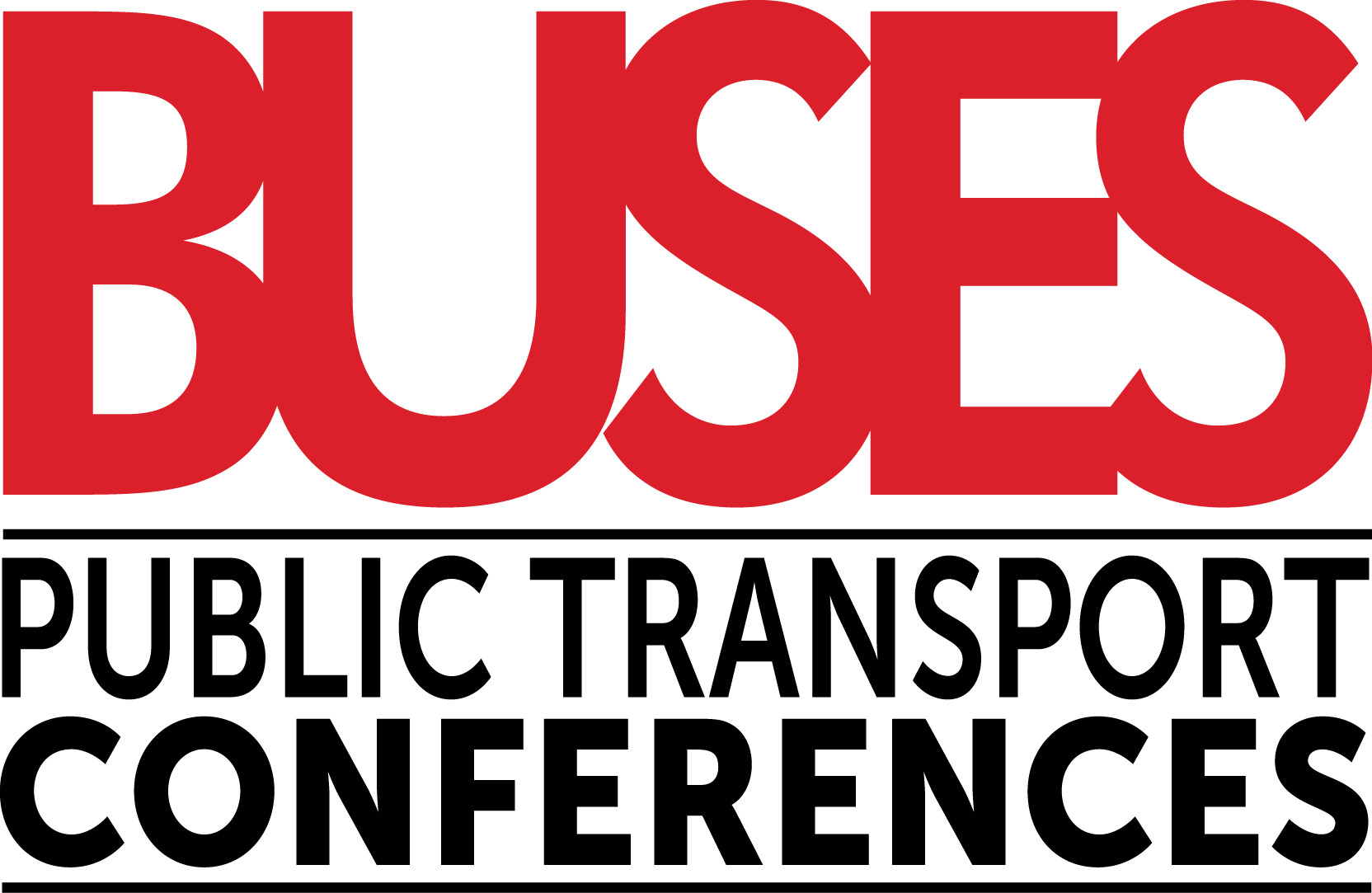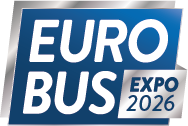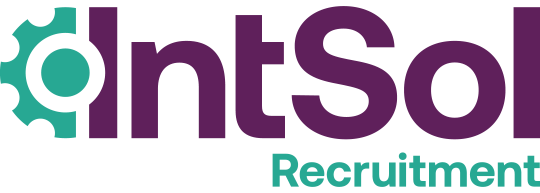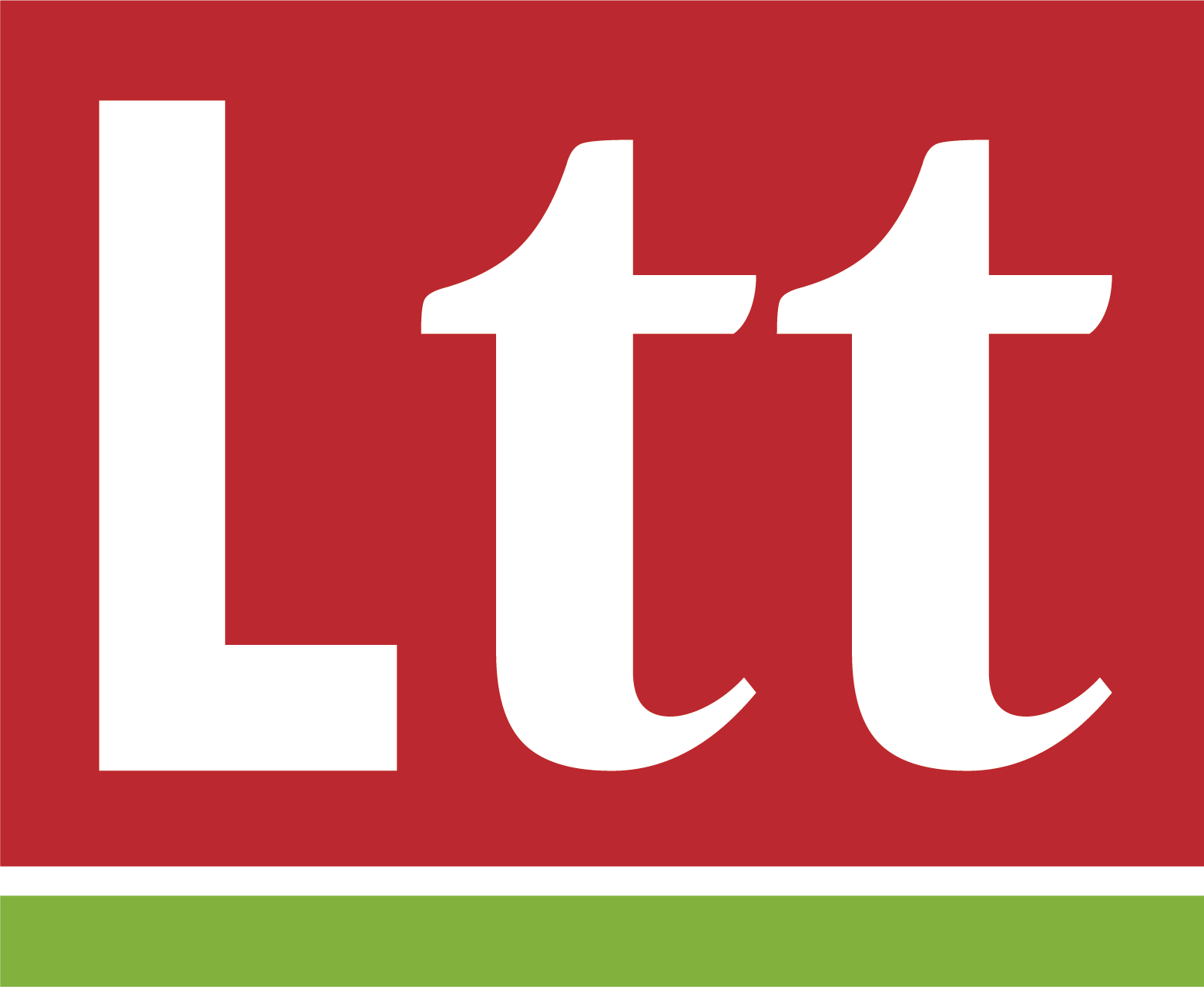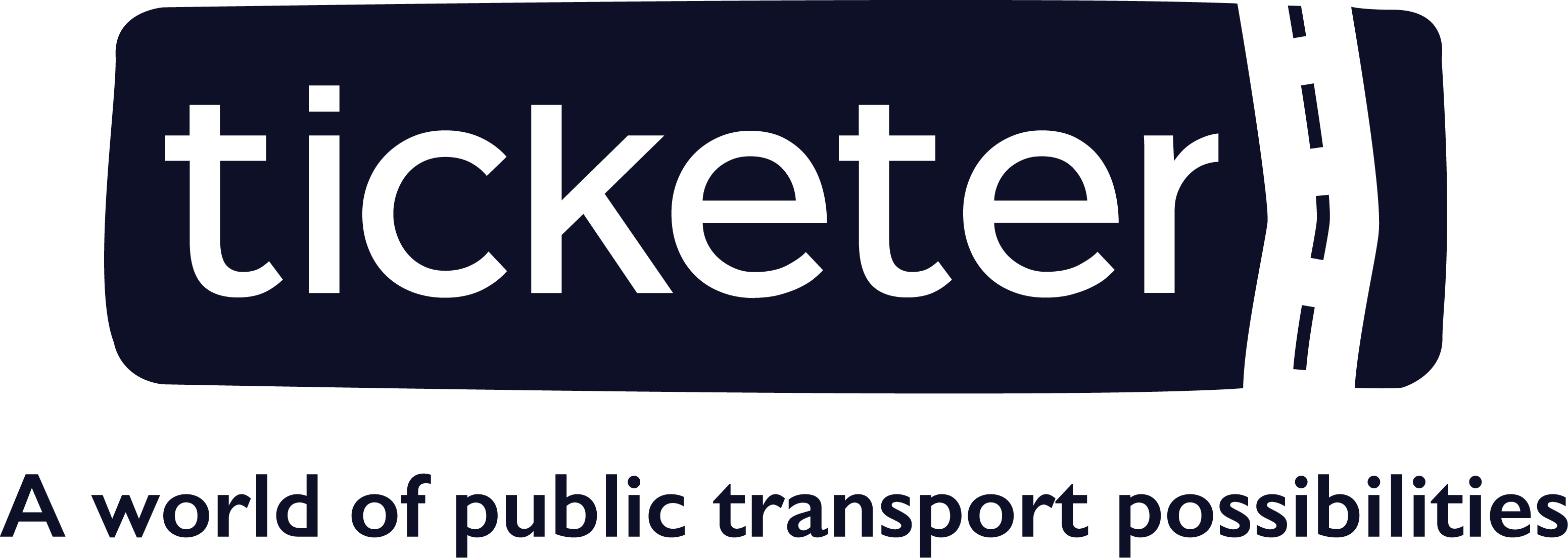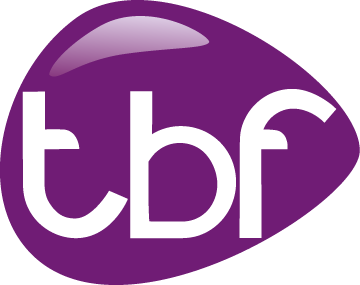sponsored by

The award for operators running services wholly or mainly in our major cities.
Results 2017
Winner, Gold Award
Brighton & Hove Bus and Coach Company
Brighton & Hove Bus and Coach Company has continued to innovate, reflecting in it’s ability to buck the national trend with a 2% growth in passengers every year. The company believes that its sales and use of mTickets are probably the highest in the UK with the equivalent of half of the city’s population downloading the app. Brighton & Hove led a multi-operator ticketing scheme in the city and is the only bus company in the country with a dedicated Accessibility Officer and a taxi guarantee scheme for passengers in a wheelchair who cannot board a bus for any reason. This, along with its Helping Hand customised high visibility card that tells the driver about about a passenger’s specific needs, and its work with Guide Dogs UK, have been nationally recognised. Brighton & Hove has next-stop audio and visual announcements and free wifi across the entire fleet, and is just skirting 100% for USB charge points at every seat. The company is moving forward with initiatives that put people first – customers and employees – to make the bus more attractive, reduce delays and emissions, encourage bus loyalty and keep the city moving.
The judges praised the company for a well written entry that demonstrated Brighton & Hove’s transformed industrial relations and much improved performance since last year. Strong patronage and growth in an already saturated market was impressive, as is the company’s empathetic use of social media, which is manned throughout the night. The judges considered that this was a very worthy Gold Winner.
Winner, Silver Award
Lothian Buses
Lothian Buses was the first operator in Scotland to offer real time service information on Google Maps, starting last year, after which the company re-designed its travel app with new features including departure times and the ability to share journeys on social media. Last year also saw ú6m invested in 22 new Euro VI, high specification double deckers. In the previous year, an extra two million passenger journeys were made.
Lothian Buses’ service improvements were noted by the judges, as was it stepping in to make profitable routes where other operators had failed. It was good to see that Lothian operates it’s social media channels throughout the night and that company profits were up.
Winner
Bronze Award, – Stagecoach Manchester
Stagecoach Manchester employs almost 2,400 staff and has invested ú122m in new vehicles over the past ten years, including the introduction of 53 new Euro VI double deck buses last year. Contactless payments are available on the whole fleet and account for 9% of on-bus transactions, a figure that is steadily increasing, alongside mTickets and cash. Most of the fleet has free wifi and new buses have USB charging. Over 10 million wifi sessions were recorded last year, a 42% increase on the previous year. A new mobile app offers journey planning, live bus information allowing passengers to track their bus in real time, and mTickets.
New routes, good value fares and the introduction of some new vehicles were all noted favourably by the judges.
Finalist
Arriva Merseyside
Arriva Merseyside is a company with heart and passion, which puts people – both employees and customers – at the heart of they do. A close-knit management team inspires confidence and good morale at each individual site. Operating across six garages covering Liverpool city centre, Knowsley, Wirral, Sefton and St Helens, Arriva Merseyside carries over 80 million passenger journeys a year with a fleet of over 600 buses, including hybrid and fully electric powered, with features such as USB ports and free wifi. Reliability of services has seen been significantly improved with the introduction of on bus radios allowing drivers and depots to immediate communicate information about diversions and delays. A regular coffee morning is held at each depot to serve as an information exchange with drivers, providing an opportunity to communicate ideas for improvement, issues and generally cascade information. Employee surveys are undertaken to appreciate what is going well and what needs to be improved going forward. ‘You Said, We Did’ feedback is produced to communicate to all employees how their views have influenced the service. Everyone in the Arriva Merseyside team pulls in the same direction and there is a real sense of pride with service and customer care being paramount.
Arriva Merseyside’s good employee relations with trade union learning reps and an active social club was picked out by the judges as especially good.
Finalist
National Express West Midlands
In 2015 National Express West Midlands (NXWM) introduced 60 Platinum Euro VI double deckers with wifi, extra leg room and comfy seats, resulting in a 94% customer satisfaction level and all Platinum routes performing 13% better than before the new vehicles were introduced. This success prompted NXWM to invest in a further 96 Platinum vehicles last year. In March this year, the company launched the UK’s first on-bus infotainment system offering films, TV, news and magazines online, completely free. In June NXWM began installing new ticket machines on its 1,600 buses which will take contactless bank cards and smartphones, as well as cash and Swift smartcards. It is expected to be on all buses by the end of the year allowing the company to become the first major urban bus operator outside London to offer daily capping from the start of next year.
The judges were pleased to see that NXWM was still an active player in the strong West Midlands Bus Alliance and noted the company’s continued improvement over the past five years.
Who could be nominated?
This award was open to operators of registered local bus services based in, or operating wholly or mainly in:
- The PTE areas:
- Greater Manchester
- Merseyside
- Tyne and Wear
- South Yorkshire
- West Yorkshire
- West Midlands
- Greater London
- Other major cities or conurbations with populations of over 250,000, with density greater than 15,000 per hectare. These are:
- Belfast
- Bristol
- Brighton and Hove
- Cardiff
- Edinburgh
- Glasgow
- Kingston-upon-Hull
- Leicester
- Nottingham
- Plymouth
- Stoke-on-Trent
Criteria and Entry Requirements (applies to all Bus Operating Awards):
The short-list will be determined on the basis of the quality of the submissions, which need to:
- Provide the full range of information requested in the Key Performance Indicators section of the entry form
- Address as fully as possible the individual criteria headings on the form.
It is important that all KPIs and each of the following criteria are addressed as fully as possible because the allocated marks are not transferable.
The following notes provide further guidance on the information to be provided under each of the headings:
- Customer Relations and Performance: show how the operator maintains and improves customer relations and monitors its operations to optimise performance. For example how it uses:
- technology, including social media, real-time information and mobile phone apps
- other methods of communicating with customers and potential customers including printed information
- customer satisfaction surveys, suggestion and complaint handling procedures and the monitoring of feedback.
- Management of Stakeholder Relations and Partnerships: describe the company’s approach to the management of its relationships with local authorities, LEPs and other community and local business organisations. Describe the work done on partnerships with authorities and other bodies and state how it fosters and contributes to the life of the communities it serves.
- Where operated, with the approach to and results of delivering local authority contracted local bus services should be described.
- Market Growth and Development: show how the operator contributes to sustaining and expanding the market for public transport in their area by
- offering different payment methods and range of tickets including discounts for specific groups, for example young people
- providing a range of commercial services at different times of the day and days of the week
- introducing innovations over the preceding twelve months
- The descriptions and examples should be supported where possible by statistics to confirm patronage and revenue trends and by evidence of modal shift.
- Employee Relations and Training: provide evidence of the company’s employee relations policies and any discernable outcomes, including;
- diversity
- equal opportunities
- training, including CPC progress
- employee development programmes, such as advanced driver training and testing
- other initiatives and/or practices that engender staff loyalty.
- Health, Safety and Risk Management: demonstrate the company’s approach to risk assessment in all its activities including;
- a commentary on Health and Safety issues for the past year, supported by reports on any significant incidents,
- showing how the company assesses the impact of its activities on staff, passengers and the general public and has monitoring and control measures to reduce risk and the level of the residual risks.
- Environmental and CSR Matters: describe the operator’s approach to environmental matters and social responsibility and consequential outcomes.
- Policies on diversity and accessibility: state whether there are policies for different customer groups, for example recognising disability and diversity, and/or deprived localities and specifically describe the operator’s approach to improving or promoting the accessibility of their product for people with various types of mobility difficulty.
- Serious Complaints and Enforcement Action: state whether or not the company was referred to the Bus Appeals Body within the last three years prior to submission of this entry. If so, the issues and the outcome need to be described. Entrants should also state whether or not there has been any Traffic Commissioner action in the three years prior to entry or whether any investigation, disciplinary hearing or known VOSA report is ongoing at the time of entry. If so, provide a full account of the matter(s).
Shortlisted entries are being assessed by ‘mystery travellers’ to monitor the standard of service delivery.








